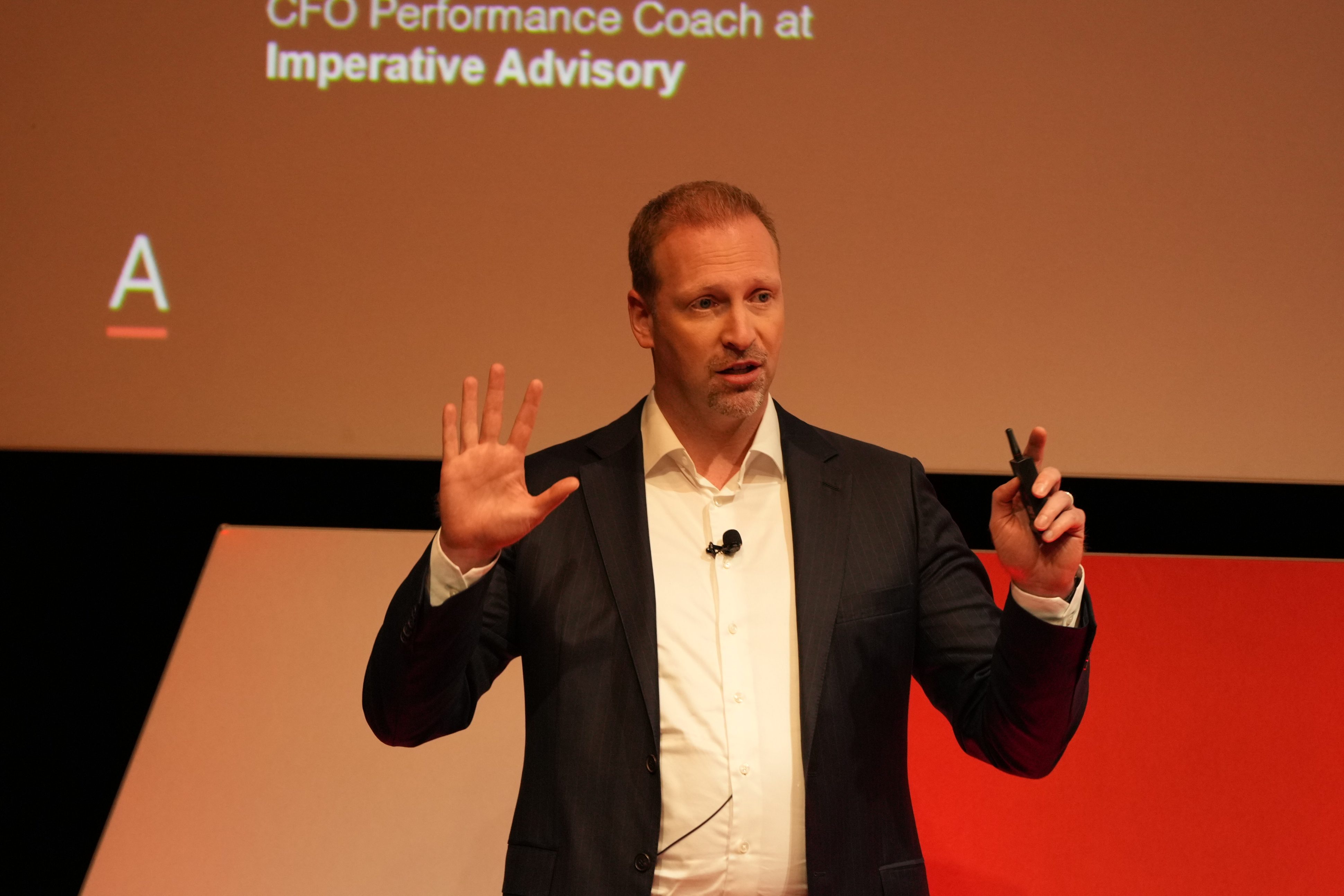The CIO is tasked with keeping up with so many emerging tech and external market forces whilst managing internal politics, processes, projects and stakeholders – all at the unrelenting speed of modern business. The 12 Core Competencies are areas of expertise that will see the CIO move from reactive IT service delivery to strategic leadership.
ADAPT’s 12 Core Competencies are an output of more than 10,000 interactions around drivers, challenges, and initiatives from 3,000 of Australia’s leading IT and business executives.
At CIO Edge in February 2020, ADAPT’s Senior Research Strategist Aparna Sundararajan explains the importance of one of the 12 Core Competencies.
She outlines why you must build the foundation of a data-driven organisation by pursuing administrative evolution.
According to ADAPT data surveying over 180 Australian CIOs, most (80%) businesses have no unified vision for their data management.
Execute a data-driven strategy
A data-driven strategy involves making informed business decisions related to resources, market, financial stability, and business continuity backed by relevant, accurate, and validated data.
ADAPT has identified three key components that executives should focus on to execute a data-driven strategy: building a strong data vision, data security and privacy, and data architecture.
Key advice
Develop this Core Competency to differentiate your business and execute on your ongoing transformation initiatives
Executing a Data-driven Strategy is one of the 12 Core Competencies that are interlinked but can be developed separately
Refer to each Core Competency overview and aligned research to create your division’s strategy, education to the Board/CEO, evaluating technology and communicating with stakeholders.
ADAPT Research & Advisory clients can access Aparna Sundararajan’s full CIO Edge keynote on the 12 Core Competencies for Success, as well as expert presentations and slides from all Edge events on demand.






























